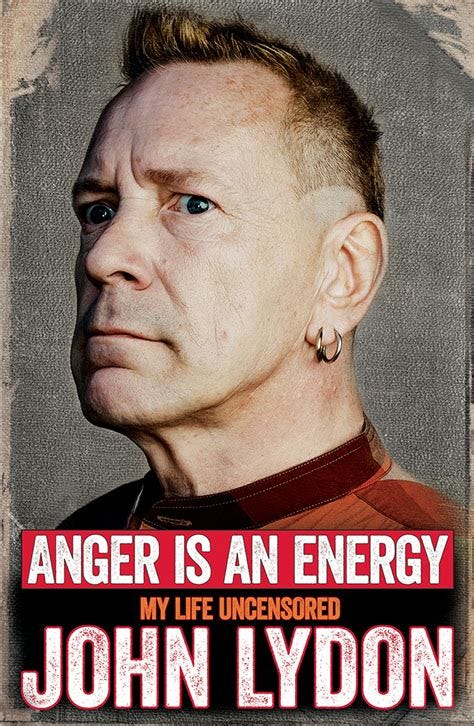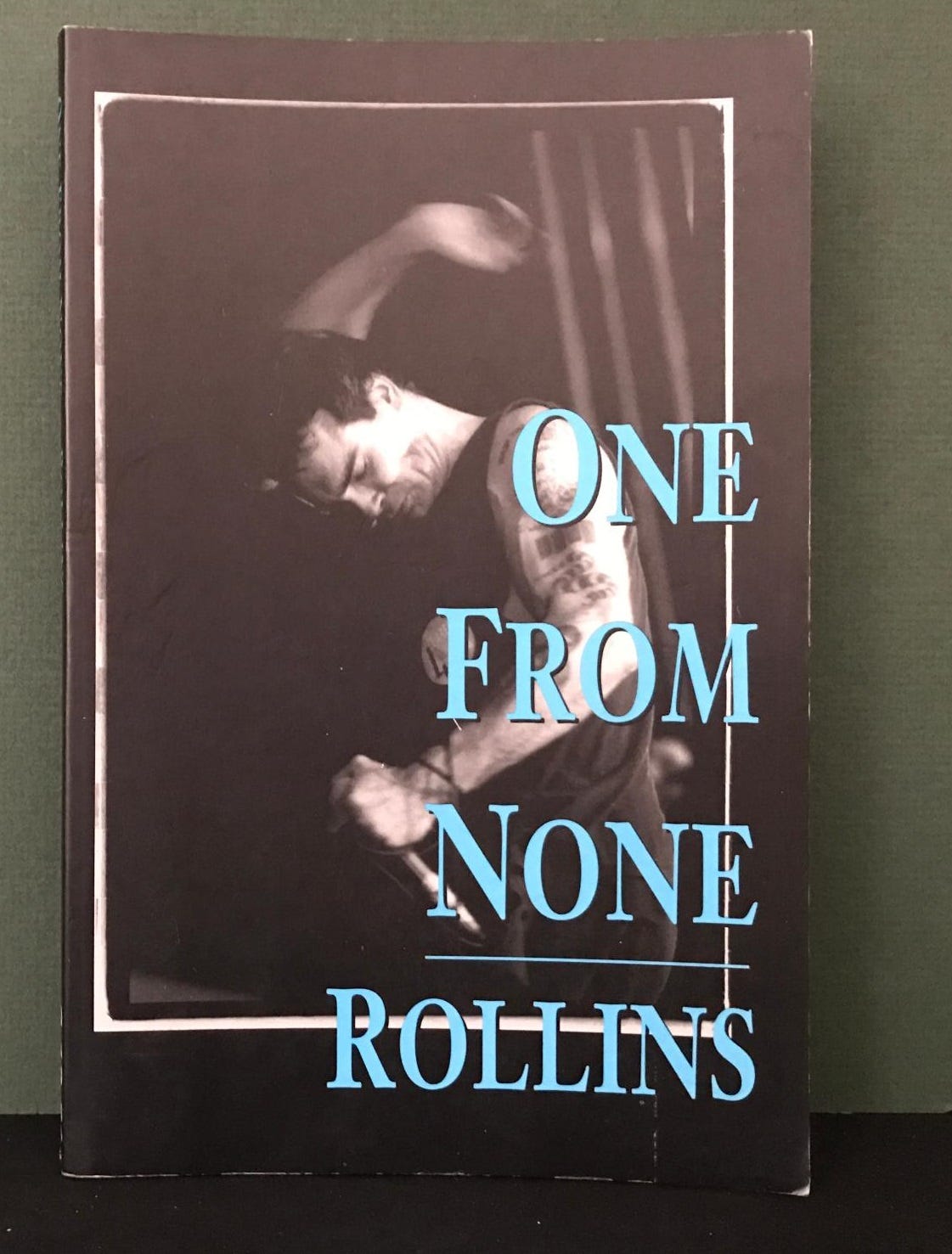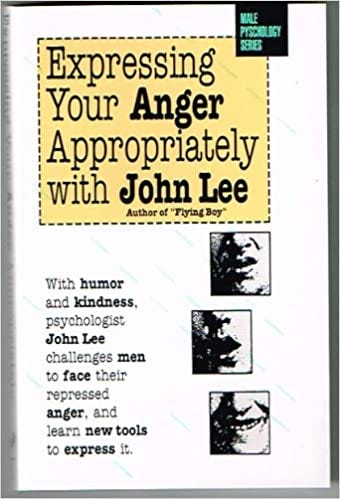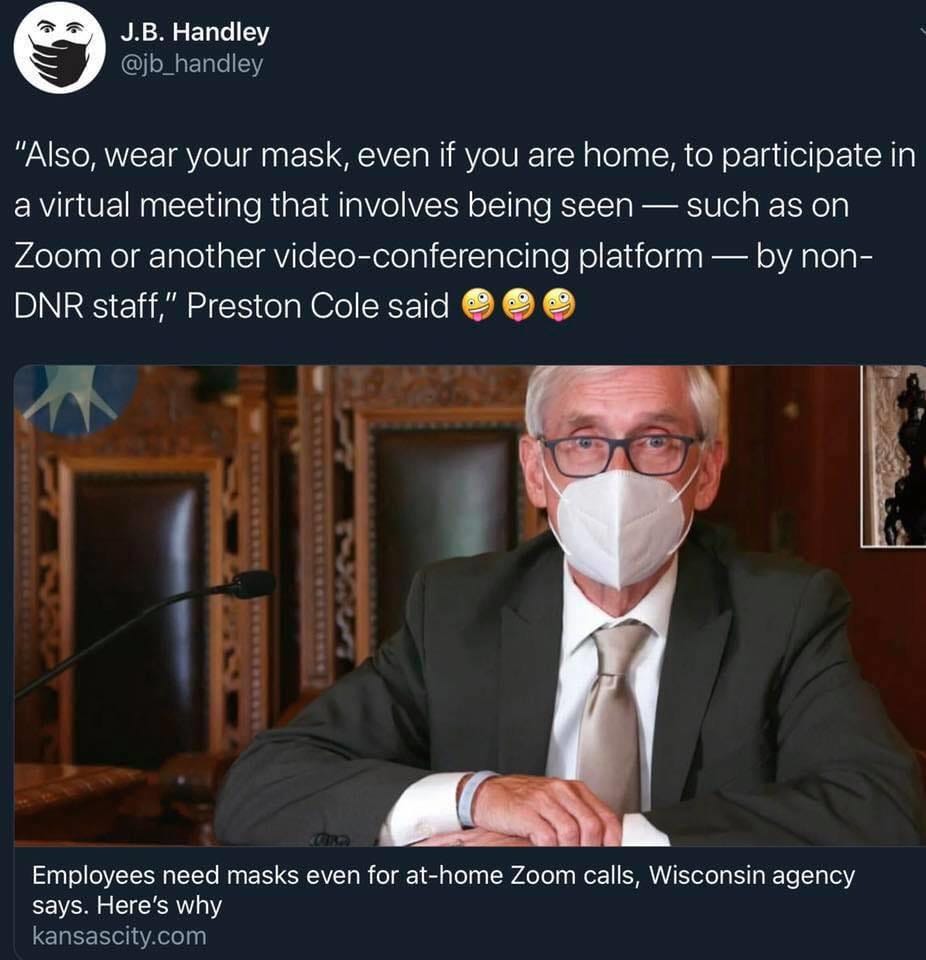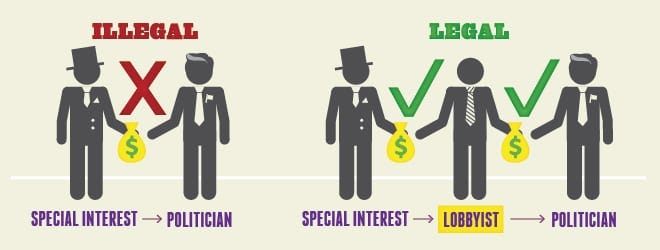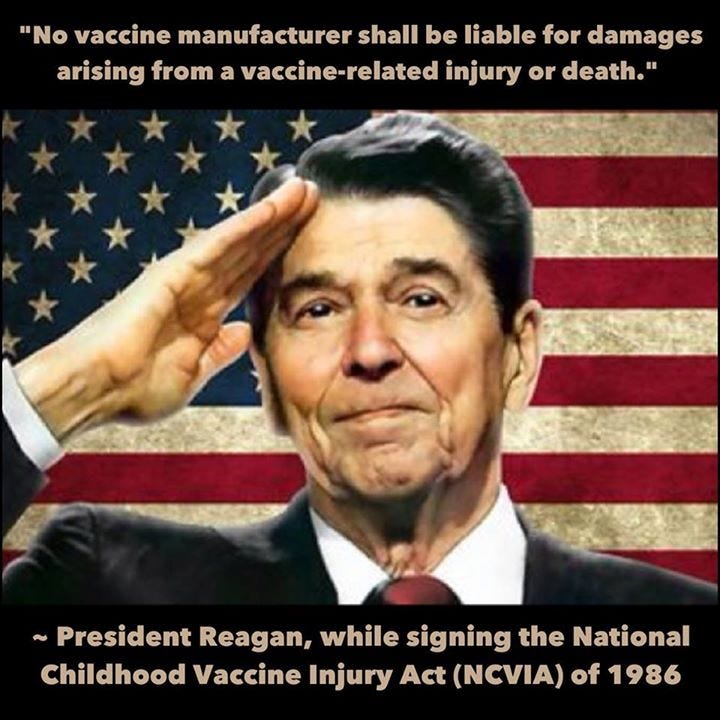Anger is socially prohibited, but commonly necessary for real change, which is why it is prohibited in the first place
Being nice, pleasant, patient, calm, and well-spoken are inappropriate emotional and social responses to injustice and criminality but we’ve all been trained to "sit down and shut up" and make excuses
“If you are never angry, then you are unborn.” African proverb
I’ve seen patients intentionally killed in hospitals by their doctors. I’ve seen university presidents steal from their students and from scholarship donations given by trusting alumni; I’ve seen the Vice President of Finance use fake accounting to hide administrative theft. I’ve seen good people I know have their lives ruined by pious rule-following administrators and politicians. I’ve seen bogus research from JAMA and Harvard directly promote death and suffering for millions of people. Am I supposed to sit and be quiet, do nothing, and allow these crimes to continue? Am I supposed to ask permission to have an emotional response if it is different from passivity-inducing sadness or paralysis-inducing fear?
Being “nice”, pleasant, patient, calm, and well-spoken are inappropriate emotional and social responses to injustice and criminality, but we’ve all been encouraged and literally forced to "sit down and shut up" (starting in childhood) even while we observe injustice and crimes occurring directly in front of us.
Of the 4 basic emotions —mad, sad, glad, afraid— anger is the only one that instinctively tells us of wrongdoing, betrayal and of our need to take action.
More specifically, anger alerts us to boundary violations—usually our own boundaries have been violated, but we can also vicariously feel the violation of others’ boundaries.
As such, a common tool of self-deception to avoid feeling anger and to avoid the action that anger calls for is simply to ignore one’s own boundaries or worse to switch to sadness for the loss or —yet worse— for the violator’s poverty of soul. Nothing salves appropriate anger and self/community-defending action like the balms of sadness, pity, piety, and virtue signaling, especially “patience” and “understanding”; these are tempting ways that we justify our inaction and talk ourselves out of defending our territory.
Network is a 1976 Academy Award winning movie famous for its call to action that starts with giving people permission to actually feel their most forceful of emotions: —anger— as a gateway to authenticity and then social engagement, change:
We know the air is unfit to breathe and our food is unfit to eat, … We know things are bad — worse than bad. They're crazy. It's like everything everywhere is going crazy, so we don't go out anymore. We sit in the house, and slowly the world we are living in is getting smaller, and all we say is: 'Please, at least leave us alone in our living rooms. Let me have my toaster and my TV and my steel-belted radials and I won't say anything. Just leave us alone.' Well, I'm not gonna leave you alone. I want you to get mad! … All I know is that first, you've got to get mad! [shouting] You've got to say: 'I'm a human being, goddammit! My life has value!'
His advice is perfectly sequenced: 1) first, feel the emotion, then 2) determine how to respond.
You've got to say: I'M AS MAD AS HELL, AND I'M NOT GOING TO TAKE THIS ANYMORE! **Then** we'll figure out what to do about the depression and the inflation and the oil crisis! But first, get up out of your chairs, open the window, stick your head out, and yell, and say it: I'M AS MAD AS HELL, AND I'M NOT GOING TO TAKE THIS ANYMORE!
Imagine an entire society filled with adults who cannot appropriately access their anger to defend and improve their communities. … Show me a society that cannot access anger appropriately, and I’ll show you a society that will wear facemasks for video calls—calls made from their own homes, paid for by their own electricity and internet service.
Show me a society that cannot access anger appropriately, and I’ll show you a society that will wear facemasks while playing wind instruments. Show me a society that cannot access anger appropriately, and I’ll show you a society that will micro-fight among itself rather than take on large and meaningful challenges such as political reform and ending the corruption that is ruining their country.
I was somewhat lucky, somewhat early
I thank my lucky stars for having been born and raised Generation X. As it happened, one of my favorite jingles when I was about 15-years-old was from the song “Rise” (the song was partly a tribute to Nelson Mandela’s work against apartheid in South Africa, and also to note the torture/interrogation techniques used by the police in Northern Ireland) by Public Image Limited, the UK band headed by John Lydon, the infamous singer of the former Sex Pistols. Two jingles from this song are about accepting emotions (specifically anger) and observing and accepting them in a somewhat detached manner:
I could be wrong, I could be right; I could be black, I could be white. They put a hot wire to my head, 'Cause of the things I did and said. They made these feelings go away: Model citizen in every way
Anger is an energy...
As simple as it is, repeatedly hearing “Anger is an energy” (now an iconic phrase1) when I was a young man helped me discard the social bias against anger and simply see anger as an emotional force that I could 1) feel, and then later 2) decide what to do with. For sure, learning to appropriately manage anger takes years of effort and a lifetime of attention, and gaining the concept from this song clearly did not give me the skills and tools to manage strong emotions; but at least I had a start.
"Sometimes I wish punk would happen again, just to wake us up, reset and energize people and give them a sense that they can get a grip on the problems that affect their lives. ... I think it’s important to examine one’s anger critically; what is it that makes you angry and why does it work? Try to be circumspect – understand why someone might have a different view. Be calm. If after that you conclude your outrage is appropriate, then get together with other people and think of creative ways to challenge it. " Richard Coles, Cleric, broadcaster2
I was still in my formative years when I found the book by Henry Rollins (former singer for Black Flag) One from None that —by my interpretation— gave me permission to change my life by giving me permission to feel a wider range of emotions. Henry was a self-described “connoisseur of righteous hatred” which I am sure will sound upsetting to people who think anger is something “bad” and to be avoided, denied, or immediately transmuted (emphasis on the muting). Having been raised in a dysfunctional family (like most people) where anger was taboo, I was transformed in my early 20s by Henry’s example of accepting and using a more complete range of emotions.
“The Price of Nice” by John Bradshaw
John Bradshaw was one of my virtual mentors when I was in my early 20s. Unfortunately for all of us, many of his original works that were produced in audio cassettes were never fully digitized and are therefore essentially lost.
Bradshaw makes plain how “being nice” always comes with a price—for us, our families, and our communities. Imagine an entire society filled with adults who cannot appropriately access their anger to defend and improve their communities.
“From our earliest years we are rewarded with acceptance for being nice while being denied the expression of our true feelings and our authentic selves, ultimately, becoming an actor playing the role of nice guy or sweetheart. In its destructive form, this repression of self can erupt into rage, spontaneous acts of violence, or can be internalized in the form of emotional [repression].”
“Expressing Your Anger Appropriately” by John Lee
John Lee was another of my chosen virtual mentors when I was in my early 20s; his presentations were often as hilarious as they were useful. I gained a few more emotional-social tools from his work and his collaboration with Robert Bly, James Hillman, Michael Meade, and Malidoma Somé.
The repression of anger in men - and its profound effect on family wellness - is the focus of this important workshop tape from psychologist John Lee. From how anger can lead to manipulative behavior...to the camouflaging of anger through alcohol, drugs, & over-eating...to why men use anger to reconnect with their parents. John Lee challenges the listener to face the sources of repressed anger, and the pain it can cause
Of the 4 basic emotions —mad, sad, glad, afraid— anger is the only one that instinctively tells us of wrongdoing, betrayal, boundary violation, and of our need to take action. Anger initiates action, but then we have to give form and purpose to that action.
Show me a society that cannot access anger appropriately, and I’ll show you a society that will wear facemasks for video calls—calls made from their own homes, paid for by their own electricity and internet service. Again: FACEMASKS FOR VIDEO CALLS, from THEIR OWN HOMES, on their own bills and mortgages that they themselves pay for.
Show me a society that cannot access anger appropriately, and I’ll show you a society that will wear facemasks while playing wind instruments.
Show me a society that cannot access anger appropriately, and I’ll show you a society that will follow arrows on the floor as if they are brainless slaves and distance from their own friends and family as if they are someone else’s property.
Show me a society that cannot access anger appropriately, and I’ll show you a society that will micro-fight among itself (and create false micro-battles among fabricated colors [eg, “blue” and “red”] as abstractions) rather than take on large and meaningful challenges such as political reform and ending the corruption that is ruining their country.
"Anger is a brilliant initiator. If you don’t feel angry about the world you probably don’t want to change it.
But if you stay angry you end up repeating yourself, becoming exasperated. I’m now 73 and have been active in politics since the 60s, I’ve seen generations of very angry people, then the next time you turn around they’re dissipated or broken by their own anger. And most of those who enter active politics never stay the journey. I think one of the reasons for this is that their anger isn’t refined enough – made into another substance. …
As a child, I always remember sitting by the gas oven and my mum would put water in and porridge in and tell me to stir it. I would think that stirring would last for ever, but at some point it would turn into porridge you could eat. It’s how I feel with anger – you’ve got to make it something thicker. You want it to be fuel for a rocket, not a gun."
John Bird, crossbench peer in the House of Lords theguardian.com/lifeandstyle/2019/may/13/anger-interviews
"Sometimes people don't want to hear the truth because they don't want their illusions destroyed." Friedrich Nietzsche
I’ll assume that most people who have not already done some intrapersonal work/reflection around anger will disagree with me, at least until they’ve had time to processes these ideas; that’s fine—I’ve sometimes had to wait months and years until I could accept new ideas that were inconvenient for me, ie, too different from my upbringing, schooling, and defensive needs. And finally for some comic relief…
https://www.psychologytoday.com/us/blog/shrink-in-the-kitchen/201506/anger-is-energy
https://www.theguardian.com/lifeandstyle/2019/may/13/anger-interviews




